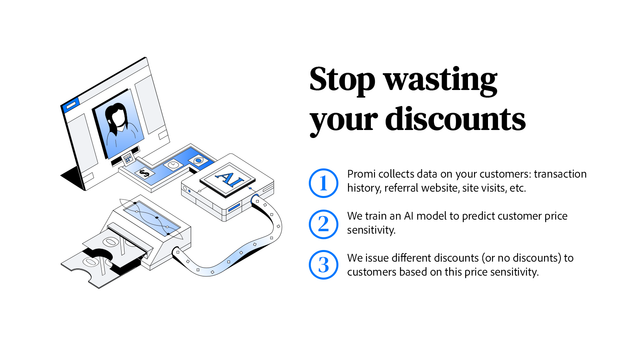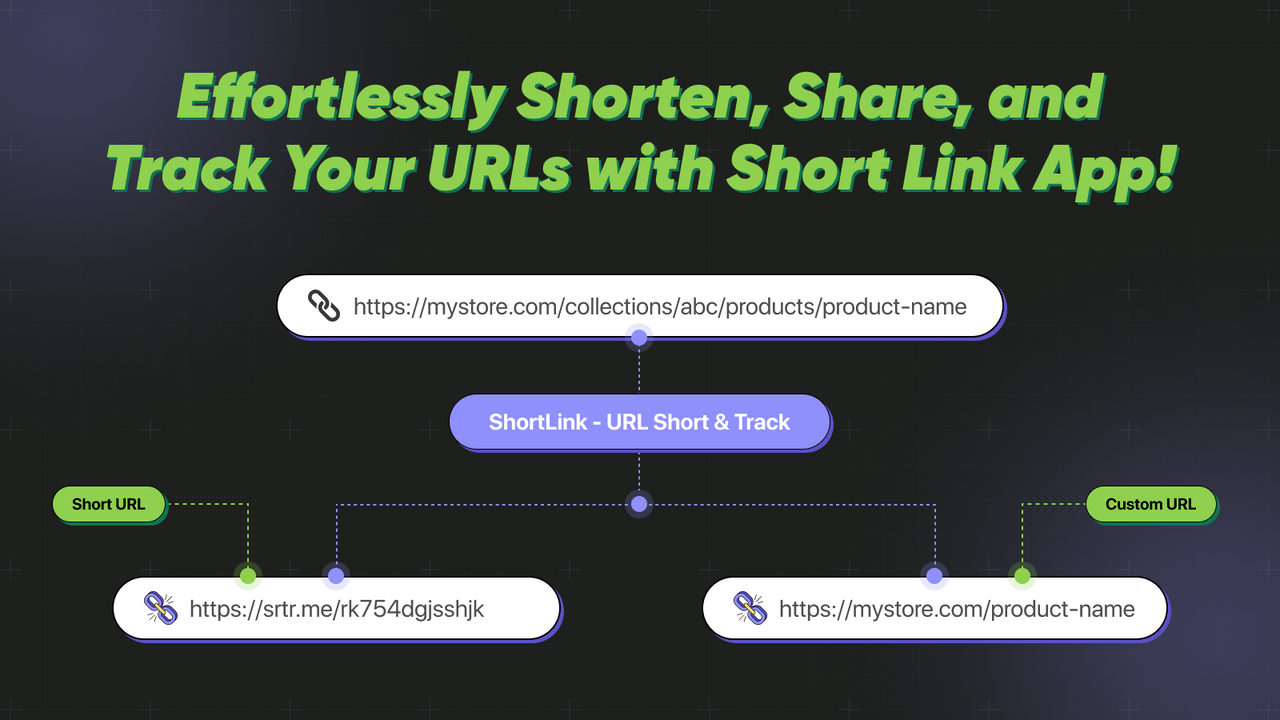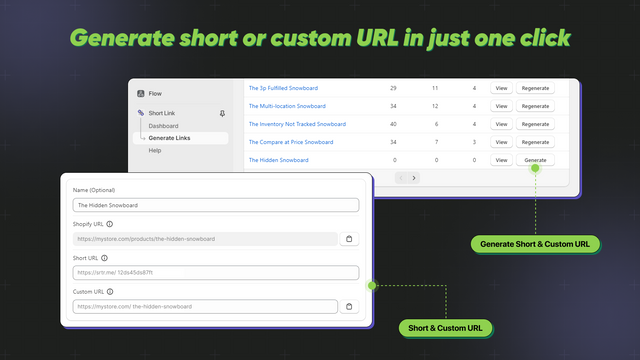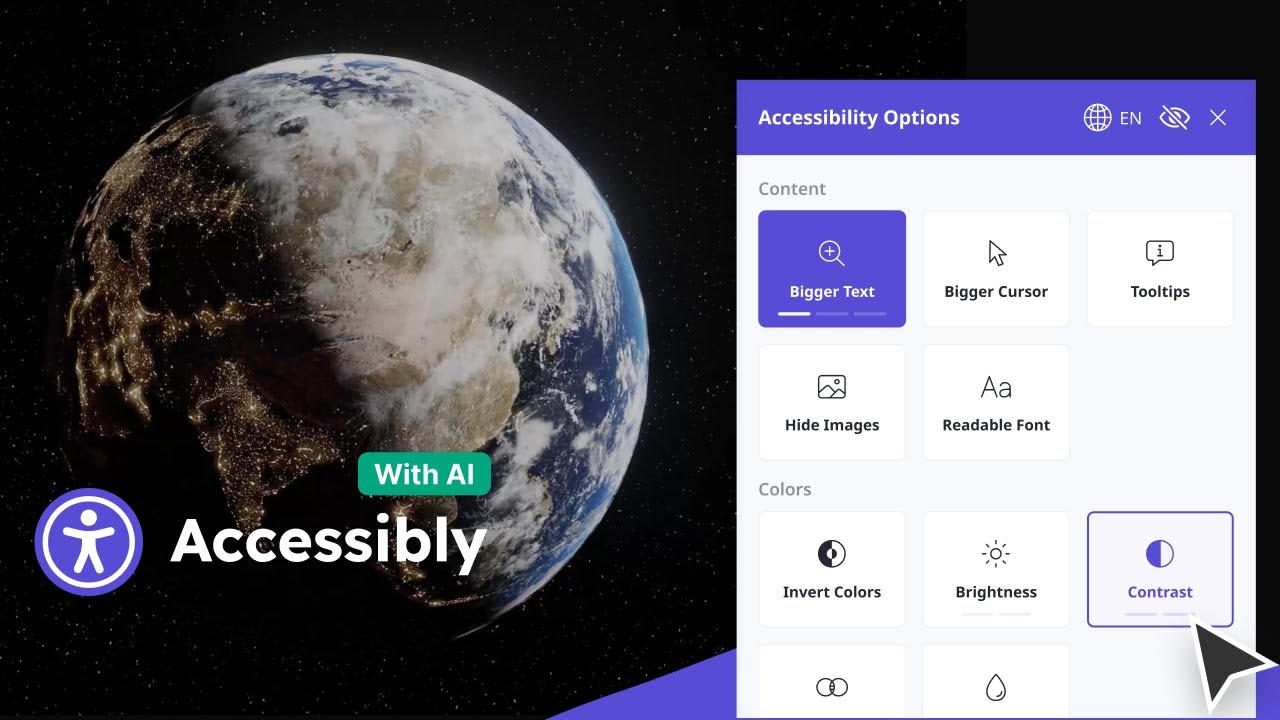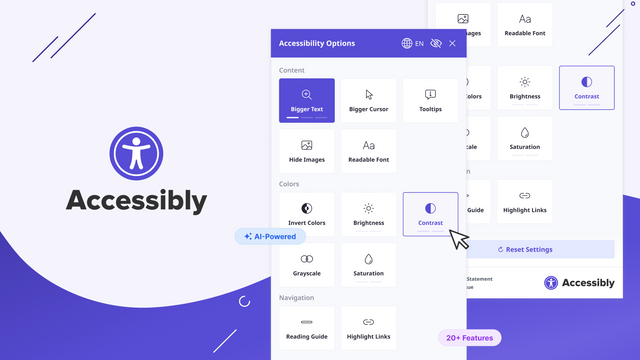Social media marketing has become an essential tool for businesses of all sizes. With its ability to reach a vast audience, increase brand awareness, and drive traffic to websites, it's no wonder that more and more companies are investing their time and resources into this powerful marketing strategy. In this comprehensive guide, we will explore the ins and outs of social media marketing, from understanding its importance to building a robust strategy, exploring different platforms, creating engaging content, and utilizing social media advertising.
Understanding Social Media Marketing
Before diving into the world of social media marketing, it's crucial to grasp its significance in today's digital landscape. With billions of people active on various social media platforms, businesses have a unique opportunity to connect with their target audience, build relationships, and ultimately, drive sales. Social media marketing allows brands to humanize themselves, engage with customers in real-time, and create a two-way conversation that fosters loyalty and trust.
To fully understand the impact of social media marketing, it's important to delve into its key concepts. By understanding the algorithms, content types, engagement metrics, and optimization techniques, businesses can maximize their presence on social media and see tangible results in terms of reach, engagement, and conversions.
Social media marketing has revolutionized the way businesses communicate with their customers. It has become an essential tool for brands to establish their online presence and stay competitive in today's digital world. With the rise of social media platforms such as Facebook, Instagram, Twitter, and LinkedIn, businesses can now reach a wider audience and target specific demographics with precision.
One of the key concepts to understand in social media marketing is the algorithms that determine what content is shown to users. These algorithms are constantly evolving and are designed to prioritize content that is relevant, engaging, and valuable to users. By understanding how these algorithms work, businesses can tailor their content to increase visibility and reach a larger audience.
Another important aspect of social media marketing is understanding the different types of content that can be used to engage with users. From text-based posts to images, videos, and live streams, there are numerous ways to capture the attention of your target audience. By experimenting with different content types, businesses can find what resonates best with their audience and create a compelling social media presence.
Engagement metrics play a crucial role in measuring the success of social media marketing efforts. Metrics such as likes, comments, shares, and click-through rates provide insights into how users are interacting with your content. By analyzing these metrics, businesses can identify what content is resonating with their audience and make data-driven decisions to optimize their social media strategy.
Optimization techniques are also essential in maximizing the effectiveness of social media marketing. From optimizing profiles and bios to using relevant hashtags and keywords, businesses can increase their visibility and attract the right audience. Additionally, staying up to date with the latest trends and best practices in social media marketing can help businesses stay ahead of the competition and maintain a strong online presence.
In conclusion, social media marketing is a powerful tool that can help businesses connect with their target audience, build relationships, and drive sales. By understanding the key concepts, algorithms, content types, engagement metrics, and optimization techniques, businesses can leverage social media to its full potential and achieve tangible results. So, dive into the world of social media marketing and unlock the endless possibilities it offers for your brand.
Building a Robust Social Media Strategy
Building a successful social media strategy starts with identifying your target audience. By clearly defining who your ideal customers are, you can tailor your messaging and choose the appropriate platforms to reach them. Understanding their demographics, interests, and behaviors will help you develop content that resonates with them and compels them to take action.
Once you have identified your target audience, it's important to conduct thorough research to gain deeper insights into their preferences and online behavior. This research can involve analyzing data from various sources such as social media analytics, market research reports, and customer surveys. By diving into this data, you can uncover valuable information about the platforms they are most active on, the type of content they engage with, and the influencers they follow.
Armed with this knowledge, you can now start crafting a compelling social media strategy. This strategy should outline your objectives, tactics, and key performance indicators (KPIs). It should also include a content calendar that maps out the topics, formats, and frequency of your posts. By planning ahead, you can ensure a consistent and cohesive brand presence across all your social media channels.
One important aspect of a robust social media strategy is staying up to date with the latest trends and best practices. The social media landscape is constantly evolving, with new platforms, features, and algorithms being introduced regularly. By keeping a pulse on industry news and attending relevant conferences or webinars, you can stay ahead of the curve and adapt your strategy accordingly.
Another crucial element of a successful social media strategy is engaging with your audience. Social media is not just a one-way communication channel; it's an opportunity to build relationships and foster a sense of community. Responding to comments, messages, and mentions in a timely and personalized manner shows that you value your audience's input and care about their experience.
Furthermore, incorporating user-generated content into your strategy can be highly effective. Encouraging your audience to share their experiences, testimonials, or creative content related to your brand can not only boost engagement but also serve as social proof for potential customers.
Measuring the success of your social media strategy is essential to determine its effectiveness and make data-driven decisions. By regularly analyzing key metrics such as reach, engagement, click-through rates, and conversions, you can identify areas of improvement and optimize your strategy accordingly. Additionally, monitoring social media sentiment and conducting sentiment analysis can provide insights into how your brand is perceived and help you address any negative feedback or issues promptly.
In conclusion, building a robust social media strategy requires a deep understanding of your target audience, thorough research, careful planning, staying informed about industry trends, engaging with your audience, and continuously measuring and optimizing your efforts. By following these steps, you can create a social media presence that not only drives results but also strengthens your brand's reputation and fosters meaningful connections with your audience.
Exploring Different Social Media Platforms
Social media platforms are not one-size-fits-all, and each offers unique opportunities for businesses. Facebook, for example, boasts the largest user base and provides a wide range of advertising options to target specific audiences. With over 2.8 billion monthly active users, Facebook is a powerhouse in the social media landscape. It allows businesses to create engaging content, run targeted ad campaigns, and build a community of loyal followers.
Instagram, on the other hand, is known for its visual appeal and is ideal for brands in industries such as fashion, beauty, and lifestyle. With its focus on stunning imagery and creative storytelling, Instagram has become a go-to platform for businesses looking to showcase their products or services in a visually captivating way. With over 1 billion monthly active users, it offers a massive potential audience for businesses to tap into.
Twitter, with its fast-paced and real-time nature, is perfect for sharing quick updates, news, and engaging with customers. It allows businesses to stay connected with their audience, provide timely customer support, and participate in trending conversations. With 330 million monthly active users, Twitter offers a unique opportunity for businesses to join the global conversation and establish their brand's voice.
LinkedIn, on the other hand, caters to professionals and is a valuable platform for B2B marketing efforts. With over 740 million members, LinkedIn provides businesses with a platform to connect with industry professionals, establish thought leadership, and generate leads. It offers various advertising options, such as sponsored content and targeted messaging, to help businesses reach their target audience effectively.
Aside from these popular platforms, there are also other social media platforms that cater to specific niches and interests. Pinterest, for example, is a visual discovery platform that is popular among users looking for inspiration and ideas. It is particularly useful for businesses in industries such as home decor, DIY, and food. TikTok, on the other hand, is a short-form video platform that has gained immense popularity, especially among younger audiences. It offers businesses a unique opportunity to create engaging and viral video content.
When choosing which social media platforms to invest in, businesses need to consider their target audience, industry, and marketing objectives. It's important to understand the strengths and weaknesses of each platform and tailor the content and strategy accordingly. By leveraging the right social media platforms, businesses can effectively reach and engage their target audience, build brand awareness, and drive business growth.
Creating Engaging Content
Content is king in the world of social media marketing. To capture your audience's attention and stand out from the competition, you need to create compelling and valuable content. This can include blog posts, videos, infographics, user-generated content, and more. Ensuring that your content is shareable and sparks conversation will help increase your brand's visibility and attract more followers.
When creating content, keep in mind that authenticity and storytelling are crucial. Consumers are increasingly seeking genuine connections with brands, so be transparent, showcase your brand's personality, and tap into emotions to resonate with your audience on a deeper level.
Utilizing Social Media Advertising
In addition to organic reach, social media advertising allows businesses to amplify their message and target specific audiences. Understanding the difference between paid and organic reach is essential to allocate your budget effectively. While organic reach relies on your content appearing on your followers' feeds, paid reach allows you to target users based on demographics, interests, and behaviors.
When utilizing social media advertising, it's crucial to understand different ad formats and select the most suitable ones for your goals. Whether it's image ads, video ads, carousel ads, or lead generation ads, each format serves a unique purpose and can help you achieve different objectives.
By understanding social media marketing, building a robust strategy, exploring different platforms, creating engaging content, and utilizing social media advertising, businesses can unlock the full potential of social media and achieve their marketing objectives. Keep in mind that social media platforms are constantly evolving, so staying up-to-date with industry trends and experimenting with new strategies is key for continued success. Embrace the power of social media marketing and take your business to new heights!
Ready to elevate your Shopify store with the perfect social media marketing tools? Let Owlfred, your wise owl companion from OwlMix, guide you through our extensive directory of innovative Shopify apps. Whether you're looking to enhance your advertising strategy, optimize email marketing, or gain deeper insights with marketing analytics, OwlMix is your go-to resource. Find your next Shopify app with ease and watch your online business thrive. Join Owlfred and discover apps that are tailored to your store's unique needs, ensuring your e-commerce success soars to new heights!




